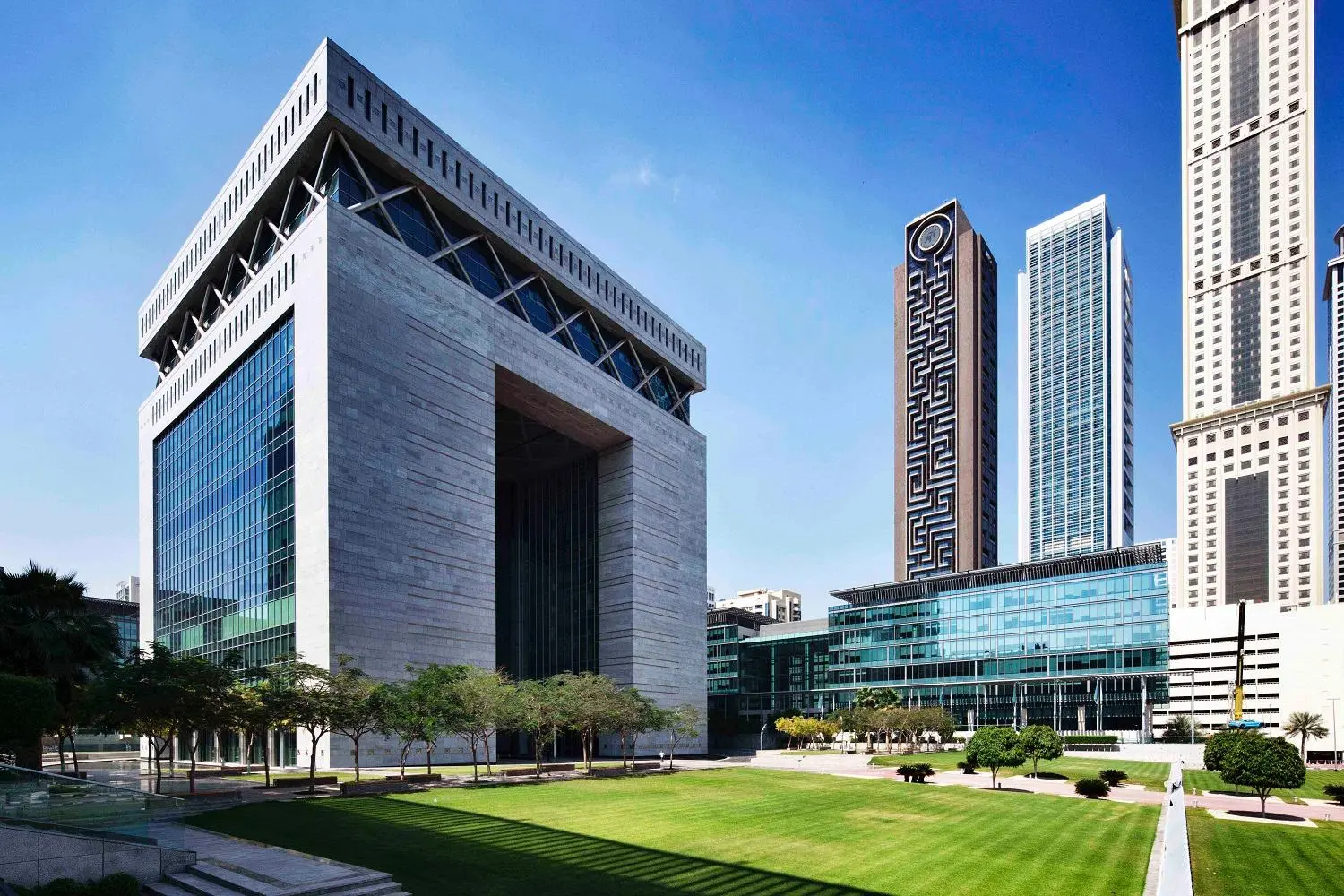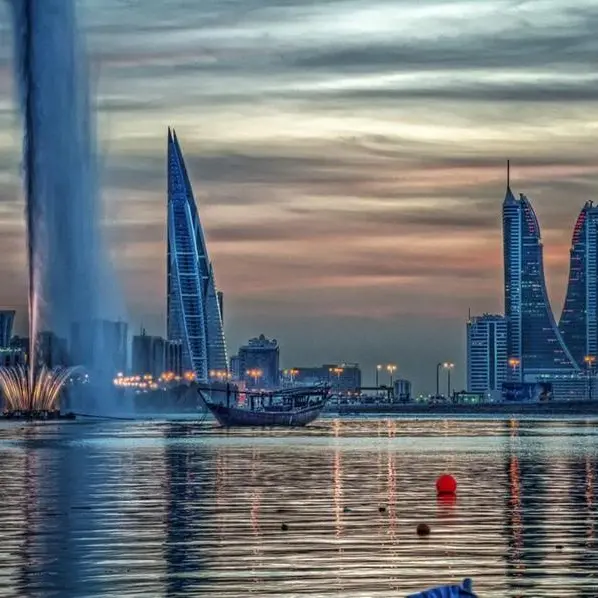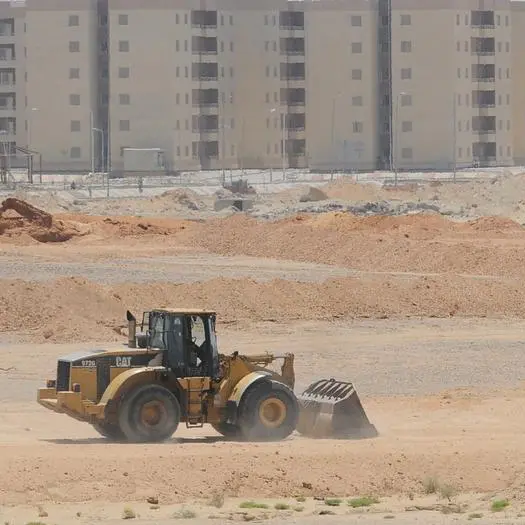PHOTO
The banking sector in the Gulf is likely to benefit from credit growth in 2018 as activity in the region's non-oil sector picks up, despite a likely rise in non-performing loans in the region's two biggest banking markets, according to Moody's.
Olivier Panis, a senior credit officer with the ratings agency, told journalists during a briefing in Dubai on Tuesday that the "slow and gradual recovery in economic growth - particularly in non-oil economic growth" would help to boost the credit growth of banks in the region by between 4 percent in Saudi Arabia and 6-7 percent in Oman and Kuwait.
This compares with a decline in credit growth in Saudi Arabia in 2017 and an "almost flat" credit market in the United Arab Emirates over the same period, Panis said.
He argued that the net impact of increased government spending in the region would outweigh the negative effect of fiscal consolidation through measures such as the implementation of new taxes, including value-added tax and higher energy prices.
However, the burden of increased costs on both consumers and businesses is likely to lead to a "slight deterioration" in loan performance.
In a note also published on Tuesday, Moody's stated that it expects non-performing loans (NPLs) in Saudi Arabia to increase to 2.5 percent of gross loans in 2018, up from 1.8 percent last year.
In the United Arab Emirates, NPLs are expected to "pick up, but not significantly" according to Moody's analyst Mik Kabeya, who said they are likely to represent 5.5-6 percent of gross loans. He said that NPLs are typically a "lagging indicator", with the increase in 2018 reflecting the fact that economic growth was "sluggish" last year.
Profits under pressure
Meanwhile, Moody's said in a separate note that non-financial corporations were also having to contend with the inflationary effects of fiscal consolidation, which was putting pressure on corporate profits and consumer sentiment, as well as heightened regional geopolitical risks dominated by the rivalry between Saudi Arabia and Iran, and the standoff between Qatar and four of its neighbours - the UAE, Saudi Arabia, Bahrain and Egypt.
Senior analyst Rehan Akbar said that businesses were adjusting to a new landscape of lower corporate growth by driving down costs either through consolidation, mergers, vertical integration or were thinking about investments outside the region.
He said that "privatisation is a key agenda" for sovereign governments, which could lead to many state-owned enterprises that are rated by the agency being encouraged to engage with both debt and equity capital markets, either through initial public offerings (IPOs) or raising bonds, although he argued that this is not due to any financing pressures to pay increased dividends to state owners.
"It not only helps them in terms of funding, but it's also important from deepening capital markets," Akbar said. "In some cases, it improves governance, it improves efficiencies of your state-owned enterprises."
The agency also said that it expects a relatively flat year for the Islamic finance sector in 2018, but for it to continue to outpace conventional financial providers and continue gaining market share over the long-term.
It said that Islamic banking penetration among the six Gulf Cooperation Council (GCC) members has grown to 45 percent of the market as of September 2017, up from 31 percent in 2008. Over the same period, sukuk issuance has more than doubled to $100 billion, from $42 billion in 2008.
Sukuk still in demand
Nitish Bhojnagarwala, senior analyst with Moody's financial institutions group, told journalists it expects sukuk issuance to be between $90 billion and $100 billion in 2018, with investor demand remaining strong despite the widespread media attention on the Dana Gas case.
The Sharjah-based gas company is embroiled in court cases in both the United Kingdom and the UAE after it declared in June 2017 that a $700 million sukuk it had issued was not Shariah-compliant and would be replaced by a structure offering inferior terms to holders of the Islamic bond.
Bhojnagarwala told journalists that the Dana Gas case needed to be viewed as a "structure-specific" issue – i.e. one relating to this individual sukuk, rather than a problem for the industry as a whole.
Moreover, an initial ruling back in November by a court in the U.K. had been deemed by Moody’s as a positive for the industry, he said, as it meant a 'purchase undertaking' attached to the sukuk was enforceable under English law, making it more likely that bondholders will be repaid under the terms initially agreed. Yet the agency also pointed out in a note yesterday that a “UAE court judgment is still pending on the case”.
Dana Gas lost an appeal in England in February, when a judge also ordered the firm to discontinue its case in the UAE. The firm issued a statement on Tuesday stating that a court in Sharjah had ordered it to continue with its case in the UAE and to suspend an enforcement of the English court ruling in the country pending its decision. The statement said that a hearing on the case has been scheduled for next Thursday (22nd March).
Another consideration is that corporate issuance remains a relatively small part of the total sukuk market. In the note published yesterday, Moody’s pointed out that sovereign issuers (including government-related entities and multilateral development banks) raised $56 billion last year, which was a 44 percent increase on 2016. Gulf sovereigns raised $30 billion of this. Moody’s said corporate issuance of international sukuk generally remained quite low, with eight firms raising $4.8 billion through this route last year.
One Gulf firm currently in the market is Dubai-based airline Emirates, which began roadshow meetings with potential sukuk investors last week, according to Reuters. The airline’s chairman, Sheikh Ahmed bin Saeed Al Maktoum, told UAE newspaper The National on Tuesday it is looking to raise $1.1 billion, which will be used for aircraft financing.
(Reporting by Michael Fahy; Editing by Shane McGinley)
(michael.fahy@thomsonreuters.com)
Our Standards: The Thomson Reuters Trust Principles
Disclaimer: This article is provided for informational purposes only. The content does not provide tax, legal or investment advice or opinion regarding the suitability, value or profitability of any particular security, portfolio or investment strategy. Read our full disclaimer policy here.
© ZAWYA 2018




















